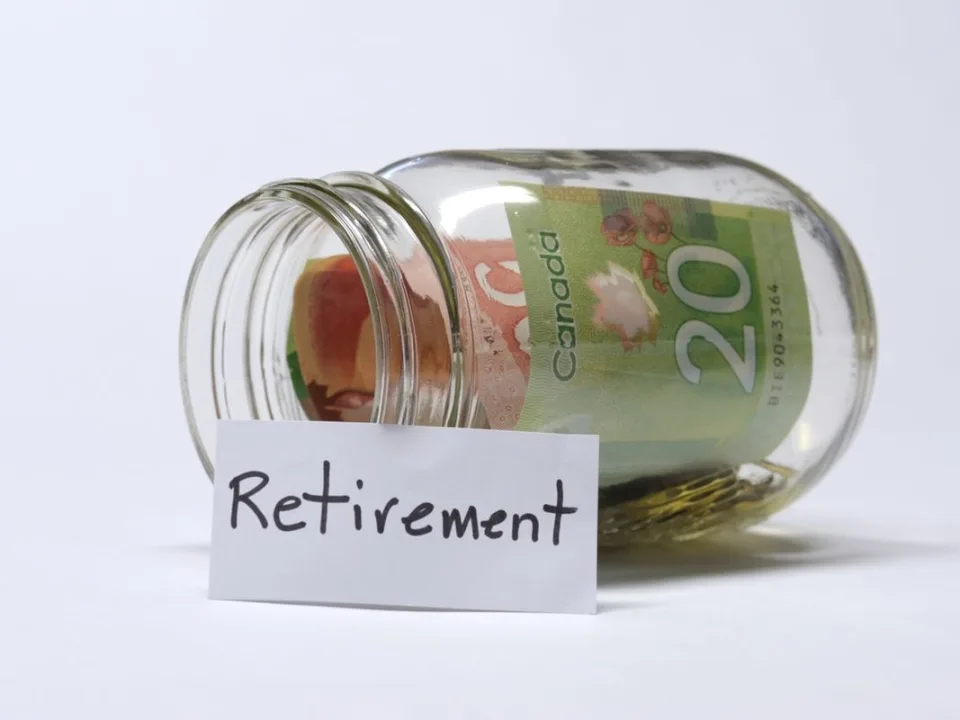Canada may be inching closer toward a retirement crisis as a higher cost of living keeps people from saving, while many baby boomers on the cusp of leaving their working lives have little put away.
More Canadians were unable to put money aside for retirement in the last 12 months amid elevated levels of inflation and rising interest rates, according to the 2023 retirement survey from Healthcare of Ontario Pension Plan and Abacus Data. In all, 44 per cent of people neglected to save, an increase of six per cent from the year before. Trying to cope with the high cost of living is the top concern of 70 per cent, followed closely by worries paycheques won’t be enough to keep pace with inflation.
But what may be more worrisome is that a large swath of baby boomers, aged 55 to 64 and not yet retired, don’t appear to have nearly enough savings put aside. Indeed, one in five haven’t tucked anything away, while close to half only have $5,000 or less in retirement savings. Another 75 per cent have $100,000 or less put aside, a concerning figure considering Canadians expect to need $1.7 million to retire comfortably, according to a report out this year from the Bank of Montreal. The result is people expect they will have to retire later than they hoped, with 54 per cent saying higher inflation will force them to kick their desired retirement date further and further down the road.
Older people are also finding their standard of living is starting to be affected as they try to keep up with rising costs. Thirty-eight per cent of those aged 55 to 64 say they’re falling behind, compared to 33 per cent in all age groups. “The picture is bleak for those older Canadians,” Ivana Zanardo, head of Plan Services at HOOPP told The Canadian Press last week.
The data suggests difficult times ahead for the baby boomer generation, which may also mean a retirement funding crisis will arrive at our doorstep sooner, rather than later.
“In the five years that HOOPP and Abacus Data have conducted this survey, about 70 per cent of Canadians have consistently agreed that Canada is heading for a retirement income crisis,” David Coletto, chief executive of Abacus Data, said in a press release. “These findings for older Canadians suggest a crisis might be looming ever closer if current economic trends continue.”
Things don’t look much better for younger people, the research found. Of those aged 18 to 34, 51 per cent say they’re struggling with higher costs and have been forced to live beyond their paycheques. That’s also the case for 31 per cent of those above the age of 35. Younger Canadians are also very worried about what high interest rates will mean for their own retirement savings, along with their ability to pay down debt. They’re plagued by other worries, too: how to manage rising inflation and the high costs of housing and whether they’ll be able to secure a solid pension plan through their jobs.
“The kids are not all right when it comes to retirement saving — we’ve known this for a while — but neither, as it turns out, are their parents,” Zanardo said.
Many Canadians are hoping a work pension could be an option that might rescue their retirements. The survey found 69 per cent would be willing to take a pay cut if it meant access to a good pension, while 80 per cent think employers should be mandated to add money to employee pensions. Another 74 per cent believe workers without solid plans will end up as a problem for taxpayers.
But Zanardo said access to pensions through people’s jobs have been on the downslope for a while, creating a difficult situation for Canadians finding it hard to put money away for retirement. Recent economic challenges have only made that worse.
“Declining access to workplace pensions, as well as high housing costs, have been taking a toll for years,” she said. “But more recently, high inflation and interest rates have been added to what may be a perfect storm for those struggling to save.”

